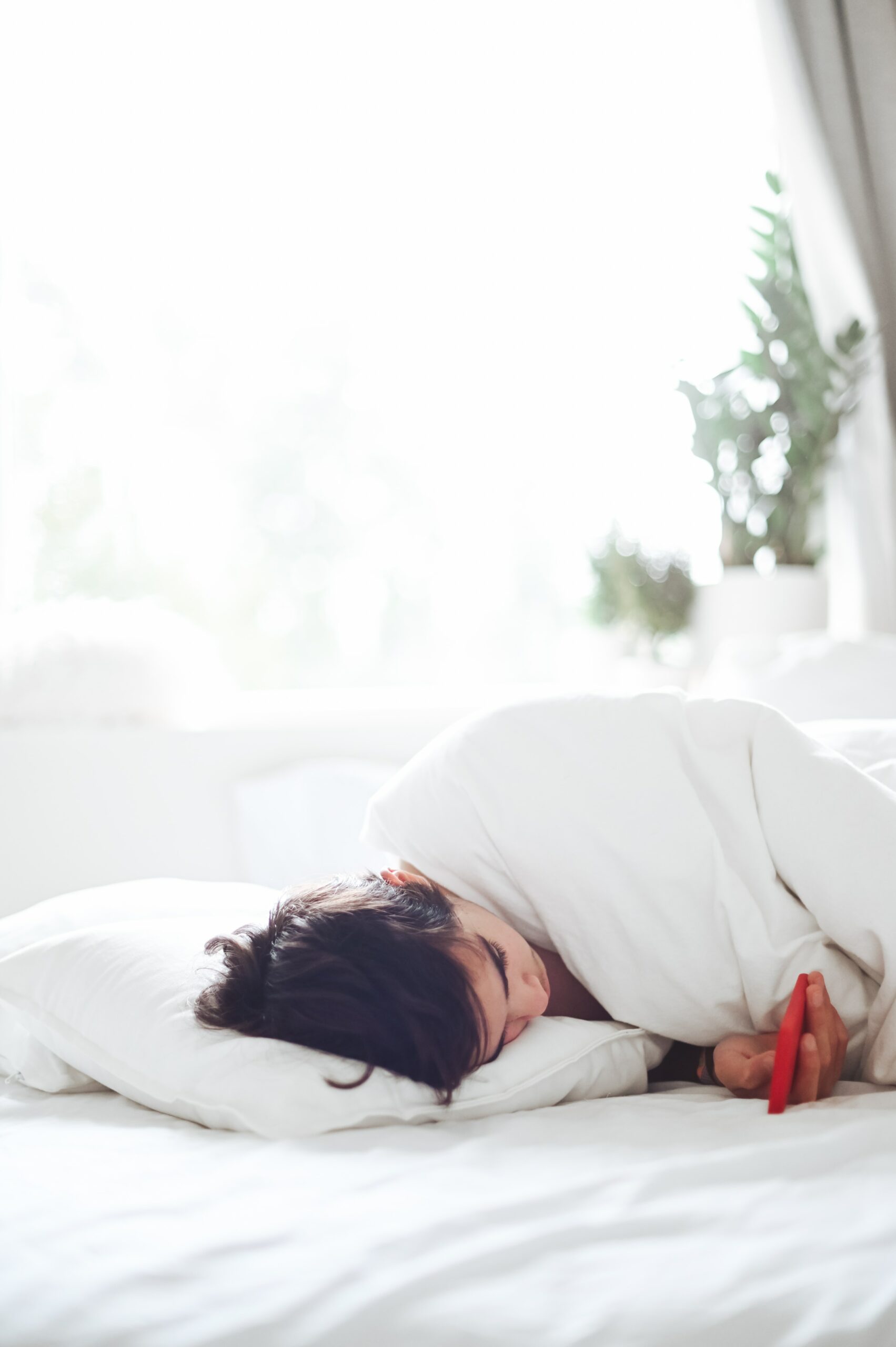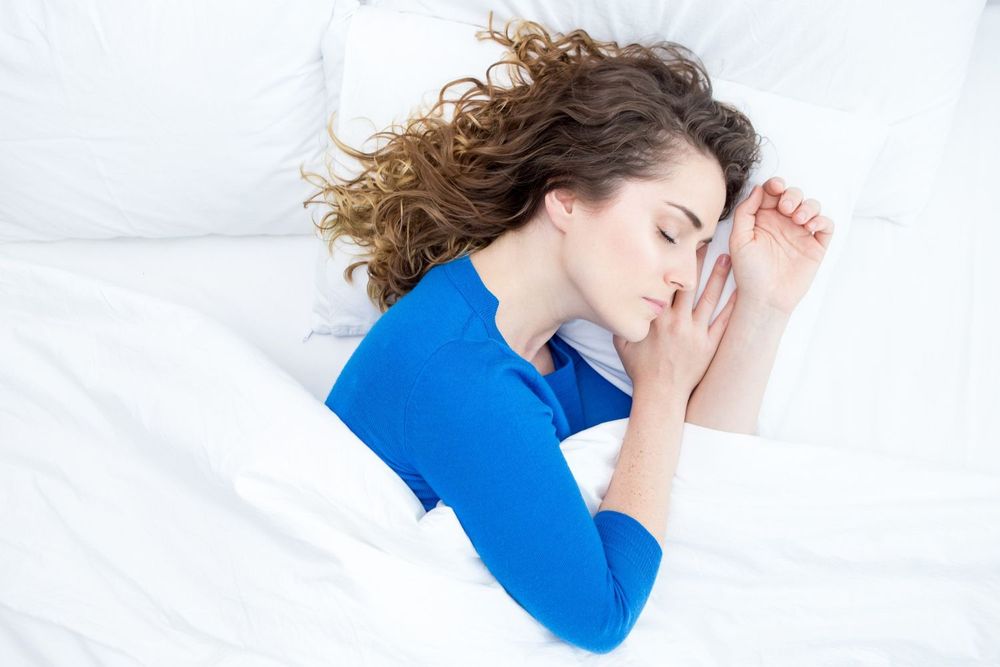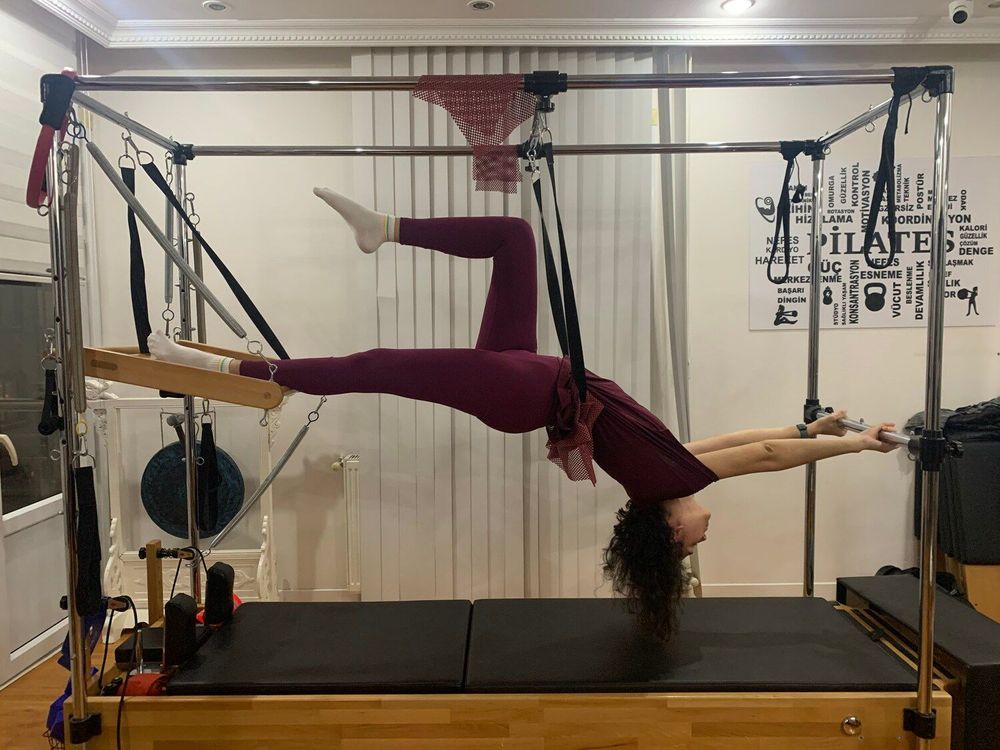Vivoo's sleep parameter determines your sleep quality based on the time you go to sleep hour, the time you spend in bed, the number of hours you sleep, and the number of times you wake up overnight. Having quality sleep is essential to reaching your optimal wellness, helps reduce the risk of chronic diseases, and maintains your mood and well-being.
Related: Improve Poor Sleep Quality for Optimal Health
Sleep
Sleep plays a significant role in your well-being. If you want to keep your wellness in check, you should be sleeping between 7-9 hours every night. Having a good night's sleep is as important as having a nutritious diet and being active.
Sleep Quality

You might be sleeping the recommended number of hours of sleep every night, but that doesn't automatically mean you are getting enough rest. You need to measure the quality of sleep to determine whether you’ve gotten enough rest. Sleep quality is a measure of how well you are sleeping.
What are the criteria for quality sleep? First, you have to determine whether you are getting the recommended hours of sleep every night. You can determine whether you are having a good night's sleep based on the following factors:
- You fall asleep 20 minutes after getting into bed.
- You sleep straight throughout the night, without waking up more than one time.
- You feel restored and well-rested when you wake up in the morning.
A New Approach to Sleep Quality: Wearable Technologies
If you want to improve the quality of your sleep, you can try using wearable technologies like wristbands and smartwatches to track your sleep.
When using wearable technologies like wristbands and smartwatches to monitor your sleep, you can:
- Determine how long you have been sleeping
- Get more insight into your sleeping habits
- Create better sleeping habits so that you get enough rest
Vivoo Sleep Box
Vivoo’s sleep box helps you monitor the amount of time you spend in bed, the amount of time you are asleep, the time you go to sleep hour, and the number of times you wake up overnight. The sleeping box measures and analyzes this information and presents you with a score on your sleep quality.

What Does Vivoo’s Sleep Box Focus On?
Time in bed: This is the amount of time you spend in your bed, from the moment you lie down to the moment you get up. In other words, it’s the amount of time you were in bed.
Time asleep: This is the amount of time you are inactive. The device starts recording this from the moment you close your eyes or fall asleep at night to the moment you wake up in the morning. This also helps determine whether you are oversleeping.
Time of sleep: This is the exact time you fall asleep. Adults should always plan to start sleeping between 10 pm and midnight.
The number of awakenings: This is the number of times you wake up overnight, and helps you determine your night activity rate.
Possible Results
Here are the possible results you can receive from Vivoo’s Sleep Box:
Good Sleep Quality: >85%
If your sleep quality is good, it means your sleep is helping you reach your optimal wellness. You are less likely to experience fluctuations in your mood or run the risk of possible problems.
Here are some other reasons why it’s important to get enough sleep every day:
- Good for weight loss
In a 2020 study, it was established that adults who have less than 7 hours of night sleep had a 41% high risk of being obese. Interestingly, sleeping longer did not increase the risk of gaining weight in adults.
- Improvement in your concentration and productivity
Having the recommended hours of sleep per night can help to boost your concentration and productivity at work. Sleep deprivation affects your cognition, productivity, and concentration.
- A better heart function

Sleep helps you maintain your heart function. When you sleep, your blood pressure slows down, which gives your blood vessels the rest they need.
When you don’t get enough sleep, your blood vessels will be forced to remain active for a long period of time without resting in a 24-hour cycle.
Moderate Sleep Quality: Between 65-85%
If your sleep quality is moderate, it means that you have a little less than optimal sleep quality. This can increase the risk of decreased learning and reaction speed, decreased motivation, and fluctuations in your mood.
Poor Sleep Quality: <65%
If your sleep quality is poor, you are far from having ideal sleep. In the long term, having poor sleep quality can increase the risk of weight gain, weakened immunity, and a decrease in optimal heart function.
- Tips for Reaching Optimal Sleep Quality
- Stop screen time at least 30 minutes before going to bed. The blue light emitted by electronic screens is known to delay sleep by keeping you awake for longer.
- Make your bedroom dark.
- Maintain a consistent sleep time. You should set a time for bedtime. Try going to bed and waking up at the same time every day. This way, you will be training your brain to recognize the right time to sleep.
- Choose activities that relax your mind before you retire to bed. This might include taking a warm shower, journaling, or listening to an audiobook before you sleep.
- Limit caffeine and alcohol intake. Don’t drink caffeine at least five hours before bedtime, and don’t drink alcohol at least three hours before bedtime.












